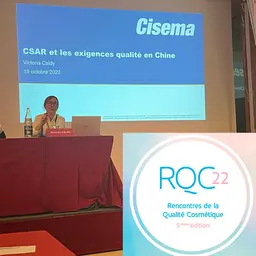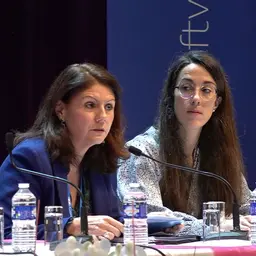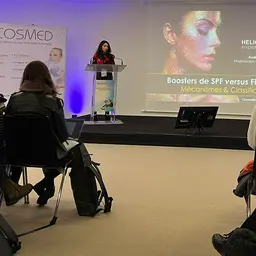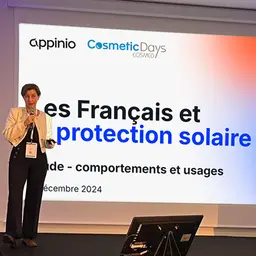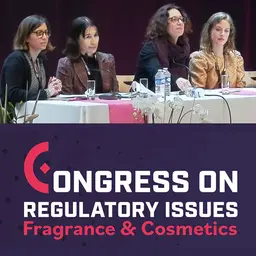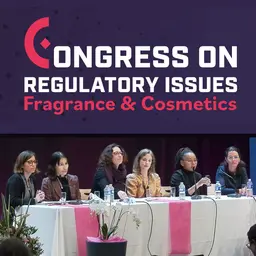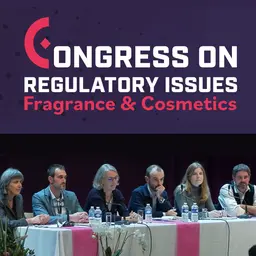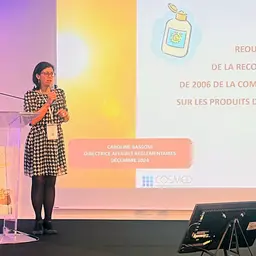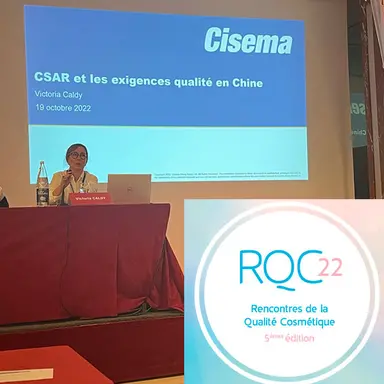
The new Chinese cosmetic regulation, the CSAR, has introduced a number of new rules, notably in terms of GMPs (Good Manufacturing Practices), quality and safety of products. During the 5th RQC (Rencontres de la Qualité Cosmétiques), organised by IFIS and FEBEA, Victoria Caldy, Business Development & Marketing Director of Cisema (a consulting company specialised in regulatory affairs and quality in China), gave a complete overview of the new requirements. The first part of her presentation was on the scope of GMP and the documentation of the QMS (Quality Management System).
Coming into force on 1ᵉʳ January 2021, the Cosmetics Supervision & Administration Regulation (CSAR) is the new regulatory framework for cosmetic products in China, with many implications for cosmetic Quality systems.
The principles of regulation that have an impact on cosmetic quality
“The cosmetics industry in China has always been highly regulated and continues to become more so,” introduced Victoria Caldy. “The new rules that apply to quality systems are not only for domestic products but also for imported products and go far beyond the CSAR alone.”
In December 2016, the Cosmetics Safety and Technical Standard was introduced, with impacts on product registrations and filings in terms of compliance.
In January 2017, the Cosmetics Manufacturing & Distribution Rules were published for the first time. They have been updated since the introduction of the CSAR.
The CSAR, was promulgated in June 2020 and came into force on 1ᵉʳ January 2021. In particular, the text introduced requirements for good manufacturing practice for cosmetics.
It was subsequently supplemented by several other texts:
• Specific provisions for children’s cosmetics
• Measures on manufacturing and operation of cosmetics (optimisation of the production licence management system for China-based manufacturers, requirements for production management, clarification of responsibilities …

